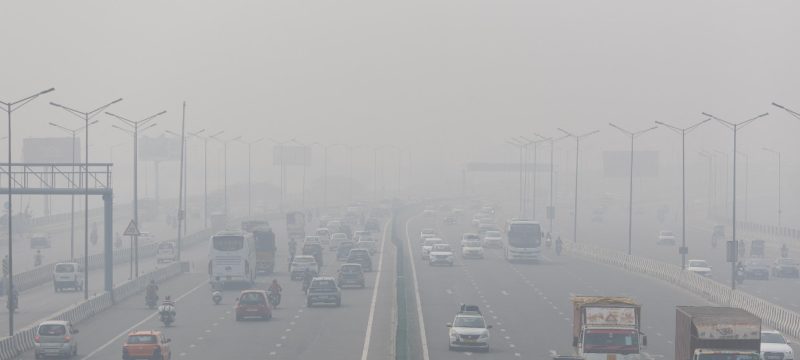In response to escalating environmental pollution in Nankana Sahib, local authorities have launched a robust crackdown, imposing Section 144 for 30 days across the district to curtail activities contributing to poor air quality. This measure specifically targets the burning of agricultural residue, a significant contributor to smog. Authorities have registered FIRs against offenders caught burning paddy residue, with fines of up to 2 million rupees being imposed.
The district administration is determined to eliminate practices that worsen air pollution and is actively enforcing these regulations to safeguard the health of residents. The crackdown is part of a broader initiative to address environmental pollution in the region.
Also Read: Expert Warns Twin Cities Residents of Smog Hazards
Meanwhile, the city of Multan and surrounding areas in South Punjab are experiencing a severe rise in smog levels. The Air Quality Index (AQI) in Multan has skyrocketed to 648, far exceeding safe levels and posing significant health risks. The smog crisis is attributed to a combination of pollution sources and weather conditions that have worsened air quality across the region.
Health experts are advising residents to take precautions, as prolonged exposure to these hazardous conditions can lead to serious respiratory and cardiovascular issues. Local authorities are closely monitoring the situation and are expected to implement further measures to mitigate the health and environmental impact of the smog.









